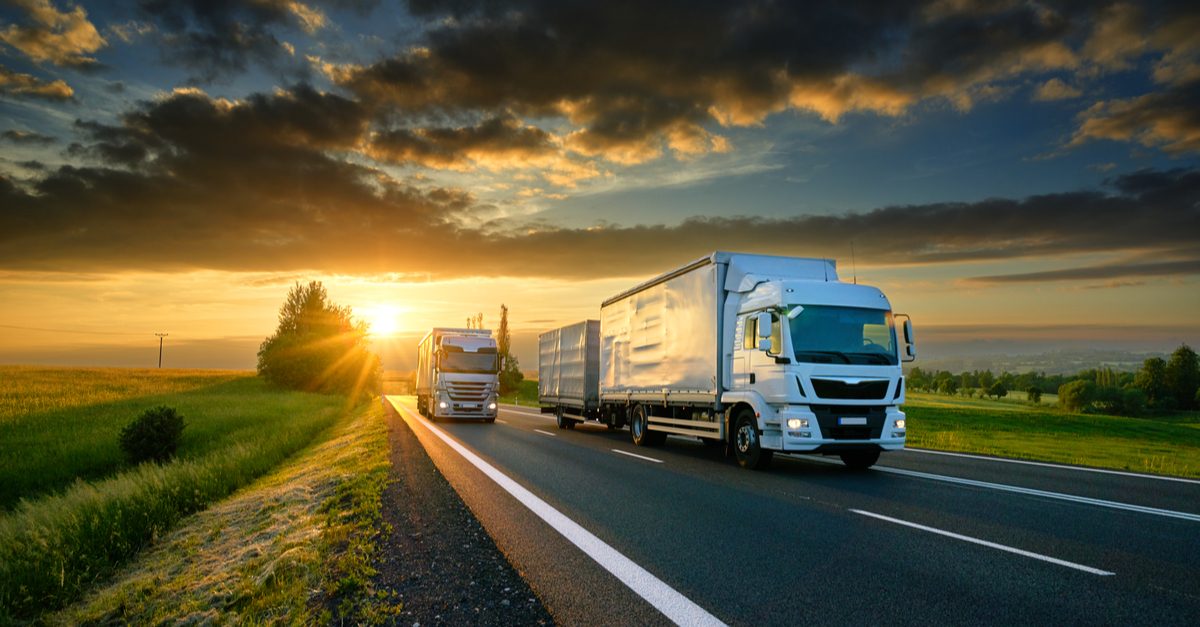
Logistics involves more than just how items get delivered to customers. Digital and retail are part of a revolution that is changing how we purchase products. In eCommerce, good logistics can help both your sales and your customers’ experiences. From 2020 to 2027, the global logistics industry is expected to grow by an average of 6.5 percent, from $7,641.20 billion in 2017 to $12,975.64 billion in 2027 (source).
Unlike a brick-and-mortar store, online stores usually cater to a huge number of customers from all over the world. To meet the increasing demand for digital products, e-commerce companies are focusing on improving their supply chains. This is important not only to ensure a successful business operation but also to ensure that products are available to customers worldwide. Let’s look at some of the areas in which technological developments support e-commerce logistics.
Automation and Artificial Intelligence
Various modern logistics solutions, such as warehousing, supply chain, and return management, are already using technology that is powered by automation and artificial intelligence (AI). AI is valuable in modern logistics because it can help plan and predict routes for products, and it can also help choose the most efficient way to move products to new locations. Automation enabled by AI eliminates the need for large-scale e-commerce enterprises and enables other businesses to manage their everyday obligations.
The Internet of Things (IoT)
The “Internet of Things” in logistics is not a new concept. GPS-based devices are the best examples of IoT-enabled logistics automation that rely on geolocation data to help keep track of products during shipping. Businesses can improve their logistics operations by using historical data analysis.
Technology such as RFID tags, low-voltage networks, and satellite trackers are all examples of how the Internet of Things is being used in logistics. RFID tags are now being used by many online retailers to track their cargo containers in their distribution centres and warehouses.
GPS Accuracy Improvements
Computer-generated directions no longer represent the norm for supply chain firms. Almost everything can now be done with the use of GPS on delivery vehicles or smartphones. Over time, the accuracy of GPS devices in logistics has improved greatly which helps the drivers and improves supply chain processes. This information can be used to track delivery vehicles and traffic data can be accessed in real-time.
Real-time Analytics with Big Data
Big Data can help businesses analyse their e-commerce logistics in real-time, allowing them to make more informed decisions. Managing large amounts of supply chain data manually is always a difficult task. Inattentiveness can lead to errors that can harm your business procedures in the long run.
Large amounts of data require more careful examination than before, so Big Data solutions were created to help with real-time data analysis. Such technology can help with e-commerce logistics by providing insights into patterns and trends. This will also help you predict the company’s overall logistics and supply chain success.
Platforms for e-brokerage (Uber of Trucks)
The growth of e-commerce, combined with advances in communication technology, has led to new freight and logistics solutions. Traditional freight brokers have been pushed to adapt their business model to mobile-based products of the freight brokerage type because of the proliferation of digitalisation in transportation. Transport requires mobile apps. To help with this transformation, mobile freight brokers have developed in-house software solutions by forming potential synergistic alliances with traditional freight brokers, OEMs, and telemetry service providers.
Improved tracking of shipments (Barcodes)
All of the advanced software and sensors will help us grow more rapidly, but it is the barcodes that will make the delivery happen. As the warehouse business grows rapidly, barcode technology companies are focusing on developing more user-friendly barcodes that can be quickly integrated into printing and increase overall economic viability. The system will be able to resolve the issue of barcodes that have been stolen or tampered with.
Technology plays a key role in improving the reliability and safety of product delivery. Digital technologies are popular, but they may not be the only way to achieve success. By adopting them proactively, businesses can improve their time efficiency, discipline, transparency, the safety of goods and crew, and even their corporate success.

Article by Aditi Sinha, Marketing Executive at SmartKargo
Aditi is a proactive Marketing Executive taking care of companies by increasing the level of their visibility in the market and helping them meet & communicate with their stakeholders more effectively. Click here to connect with Aditi on LinkedIn
Smart Kargo, which is associated with many major airlines, already implements the above technology successfully. Visit the website to find out more.
